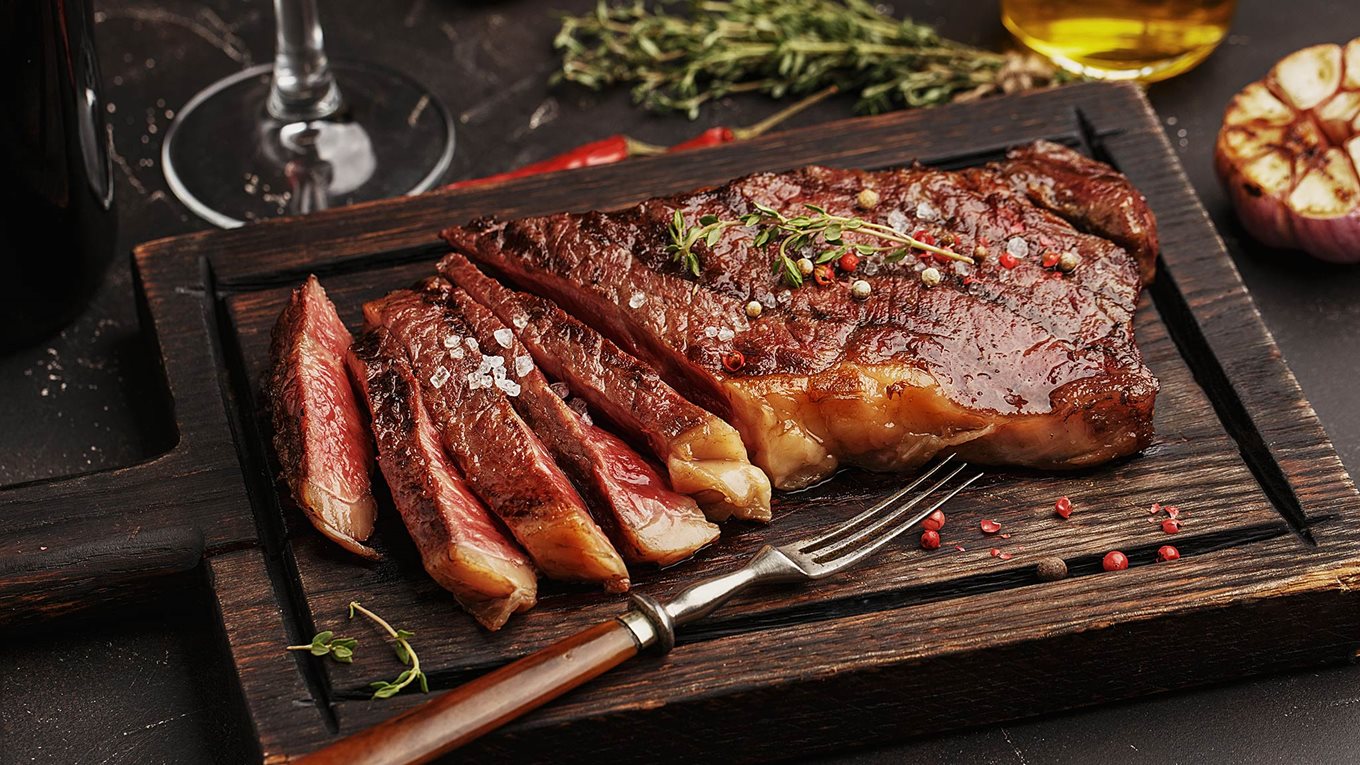Meat in the European diet

A new paper from researchers in University College Cork and Cork Institute of Technology presents an overview of dietary guidelines relating to meat consumption in Europe.
A new paper from researchers in University College Cork and Cork Institute of Technology presents an overview of dietary guidelines relating to meat consumption in Europe. While most food-based dietary guidelines recommend eating meat in some form, they differ between countries in terms of types and quantities of meat in their recommendations.
The guidance for ROI is to consume two servings of lean meat, poultry, fish, eggs, beans or nuts per day and to limit the consumption of processed meat while the UK guidance is that if you eat more than 90 g of red or processed meat per day, try to cut down to no more than 70 g per day and to choose lean cuts of meat and grill meat instead of frying.
The paper reports that mean intakes of total meat in Europe range from 40 to 160 g per day in children and teenagers and from 75 to 233 g per day in adults. The data shows that meat contributes to important nutrients such as protein, polyunsaturated fatty acids, B and D vitamins and minerals such as iron and zinc. It also contributes to nutrients of public health concern such as fat, saturated fat, monounsaturated fat and salt across population groups and should be consumed in line with national recommendations.



